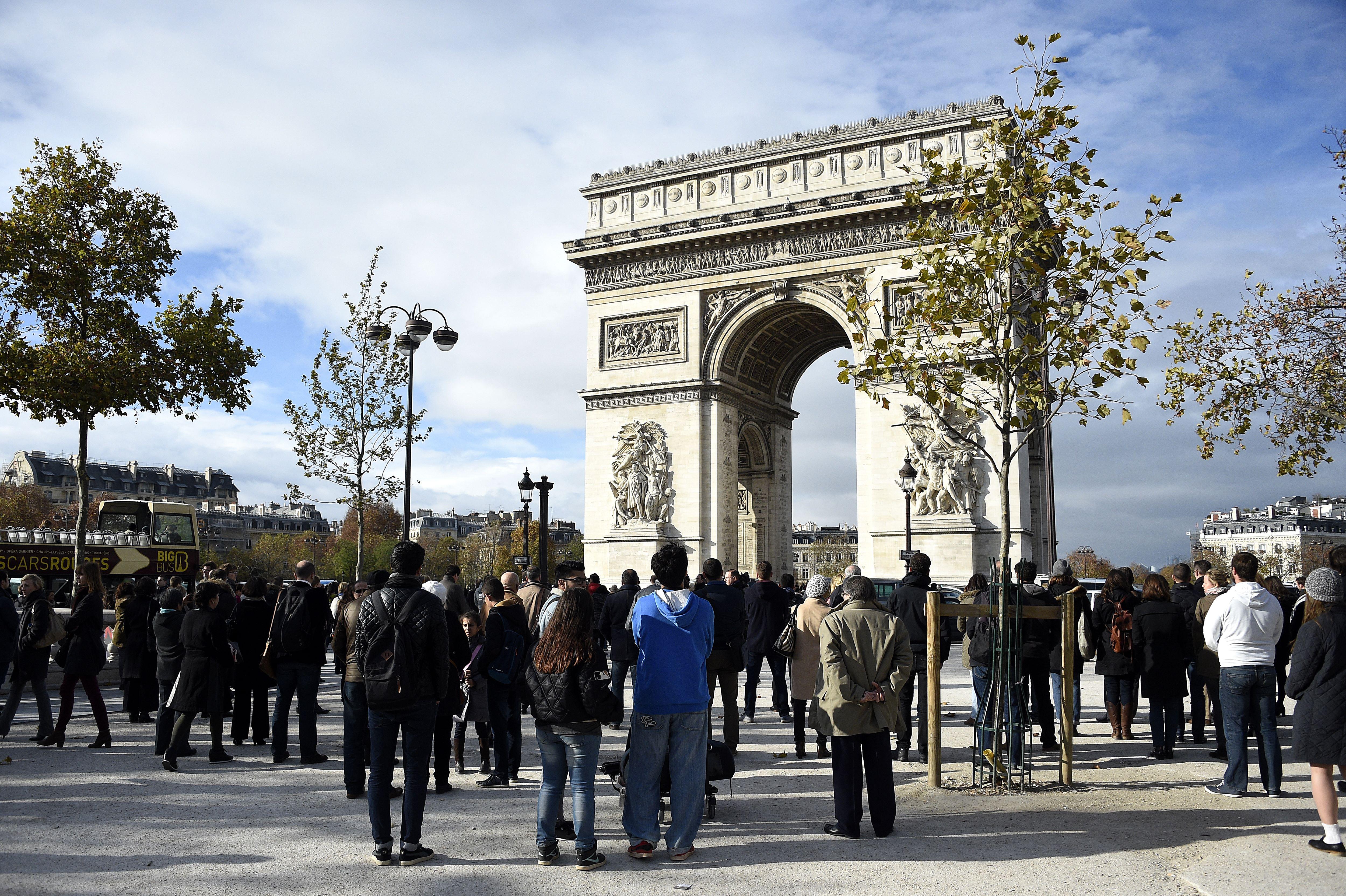French officials received multiple warnings about Paris attacker Omar Ismail Mostefai before Friday’s terror attack but Turkey didn’t get a response from French authorities until after the attack, a Turkish official said on Monday.
“On Oct. 10, 2014, Turkey received an information request regarding four terror suspects from the French authorities,” a Turkish official told the New York Times. “During the official investigation, the Turkish authorities identified a fifth individual, Omar Ismail Mostefai, and notified their French counterparts twice—in December 2014 and June 2015.”
Mashable also quoted a senior Turkish official as saying that Mostefai, the first gunman identified in the attack, was known to security officials and that France never followed up on shared information until after the attack took place.
“This is not a time to play the blame game, but we are compelled to share the information to shed light on Omar Ismail Mostefai’s travel history,” the senior official told Mashable. “The case of Omar Ismail Mostefai clearly establishes that intelligence sharing and effective communication are crucial to counter-terrorism efforts. The Turkish government expects closer cooperation from its allies in the future.”
The Associated Press reported a more general warning had been given to coalition countries by senior Iraqi intelligence officials the day before the attack. The warnings were vague, though four Iraqi intelligence officials told the AP that they warned France specifically of an attack and two said they warned France beforehand about details French authorities hadn’t yet made public, including that the planning for the attack occurred in ISIS’s de facto capital of Raqqa, Syria. The officials also said a sleeper cell in France helped the attackers execute the plan after they arrived and the operation included 24 people—19 attackers and five working on planning and logistics.
The AP also reported that a senior French security official responded to the claims by the Iraqi officials by saying French intelligence receives such warnings “all the time” and “every day.”
Belgian’s Justice Minister Koen Geens also reportedly told CNN’s Ivan Watson that authorities knew some of the Paris attackers were foreign fighters in Syria but were unaware they had returned.
“Belgium has a foreign fighters problem,” Geens said.
Writing in Slate on Monday, Brian Michael Jenkins explained why even advanced knowledge about suspected ISIS sympathizers and fighters might not be enough to prevent such attacks:
[O]ne should not underestimate the difficulties of intelligence collection in Europe today. France’s intelligence services are being overwhelmed by the many individuals who have gone to join jihadi fronts in Syria (some of whom have returned), those suspected of preparing to go, and still others suspected of being involved in plotting or supporting terrorist plots. The total number easily runs into the thousands. Keeping every one of them under close surveillance is not possible. Choices have to be made. Some plots will be thwarted. Others will inevitably evade detection.
